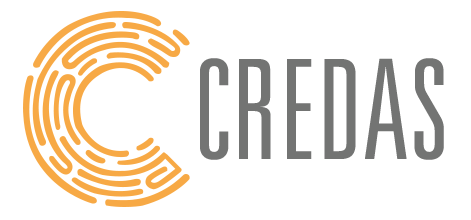According to new research, IDV checks are continuing to outstrip PEPs and Sanctions checks, despite the new fixed penalty scheme from the Solicitors Regulation Authority (SRA), designed to improve compliance.
The research from from Credas Technologies, reveals that more than 2.2 million IDV checks were completed on the Credas AML and Identify Verification (IDV) platform in 2023, compared with just 1 million PEPs and Sanctions checks. On average, for every two IDV checks, there is one PEPs and Sanctions check on the Credas platform.
Under Money Laundering Regulations, regulated companies need to be aware of any PEPs they transact with. Not only do they pose a higher risk they also require close monitoring and enhanced due diligence.
The UK government publishes the UK Sanctions List, which provides details of those persons and entities where the UK government has imposed sanctions in accordance with the UN’s designations, as well as unilaterally. In December 2023, there was a surge of 113 new designations on The UK Sanctions List, compared to a total of 800 designations in the 2022-23 financial year.
Tim Barnett, CEO of Credas Technologies, said:
“Our research clearly shows that there is significant complacency towards PEPs and Sanctions checks amongst conveyancing and law firms and compliance is too low.
“Our findings echo the SRA’s recent report which found that 10% of firms did not check whether new clients were designated persons, 47% of firms did not check existing clients, and only 20% checked counterparties. Just one in five firms were aware of the steps they must take should they encounter a designated person.”
He added that the cost of investigations ‘in both monetary value and lost fee earning time has now become a significant risk for law firms’, made worse with the potential impact for the loss of an individual’s practicing certificate.
The SRA’s new fixed penalty regime was introduced as part of wider reforms to the regulator’s approach to issuing financial penalties. Under the reforms, the SRA introduced a schedule of fixed penalties for firms of up to £1,500. These apply to a small number of lower-level breaches of its rules enabling them to be dealt with more effectively and in a timely way.
The changes to the SRA’s fining approach also saw the maximum level of fine that the SRA can issue directly rise from £2,000 to £25,000 for traditional law firms.
Tim explained the different options when it comes to performing PEPs and sanctions checks. He said:
“They can do it manually by checking the latest HM treasury list, conducting their own research through Google, or using local knowledge. These are all valid methods but are time-consuming and hard to prove when audited. Digital checks are low-cost, efficient, and help ensure a consistent approach. Law and conveyancing firms also need to consider relatives and close associates (RCAs) which are harder to identify through traditional manual checks.”
To help conveyancers and law firms meet their money laundering obligations, Credas has announced the launch of Credas+, a new managed compliance service which removes the burden of having to manually remediate AML results.
The new service offers a single comprehensive solution that delivers a pass or fail result, together with comprehensive compliance reports, including all the remediation evidence.











